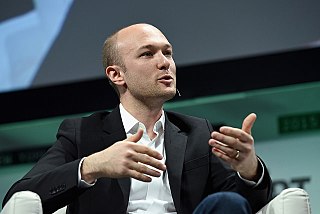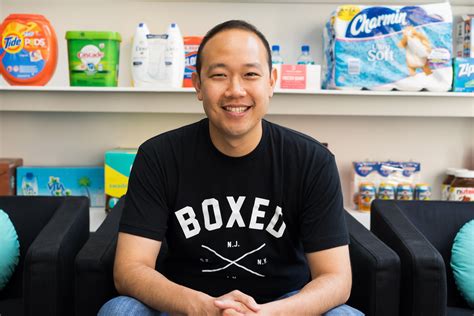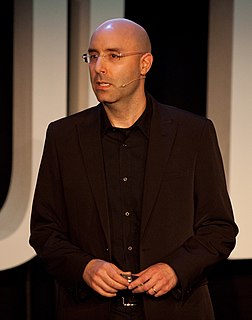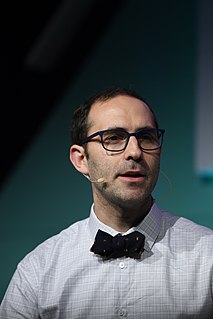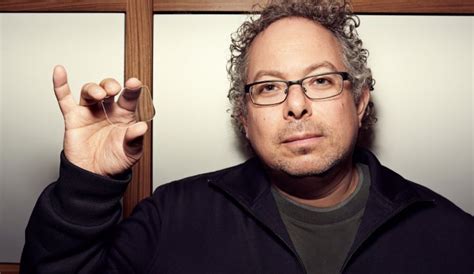A Quote by Mitchell Baker
If you're a Firefox user, you get accustomed to your history and the URL bar and finding things. That should be available on your mobile phone as well.
Related Quotes
Pandemic-proof means the mobile phone has to be used and it has to be used in such a positive way that your next invention has to say, 'You know what, I am going to get another 30-40-50 million users that are out there onto my product through my mobile phone and that's going to help me sell what I do.'
The ultimate goal is to be the leader in mobile commerce. I'm not just saying revenues; if you're trying to find a good experience of buying something on your phone, I want you to automatically think, 'Boxed has one of the best, if not the best, experiences of buying something on your mobile device.'
The new iPhone has encryption that protects the contents of the phone. This means if someone steals your phone - if a hacker or something images your phone - they can't read what's on the phone itself, they can't look at your pictures, they can't see the text messages you send, and so forth. But it does not stop law enforcement from tracking your movements via geolocation on the phone if they think you are involved in a kidnapping case, for example.
If you believe that the mobile phone is the next supercomputer, which I do, you can imagine a datacenter that is modeled after, literally, hundreds or thousands or millions of mobile phones. They won't have screens on them, but there'll be millions of lightweight mobile-phone processors in the datacenter.
People have started consuming very privatised content. Initially, it used to be community viewing at the cinema, where you look forward to ice cream in the interval and then on to your dressing and dining rooms. Today, it's gotten so privatised that you're watching things on your mobile phone. That is a massive amount of change.
There's a lot of health information available on your smart phone. There's financial information. There's your conversations, there's business secrets. There's an enormous long list of things that there's probably more information about you on here than exists in your home, right. Which makes it a lot more valuable to all the bad guys out there.
Playing games is the dessert. Our real market is people doing everyday things. Rather than pulling your mobile phone in and out of your pocket, we want to create an all-day flow; whether you're going to the doctor or a meeting or hanging out, you will all of a sudden be amplified by the collective knowledge that is on the web.

